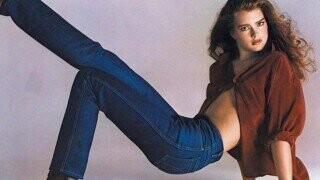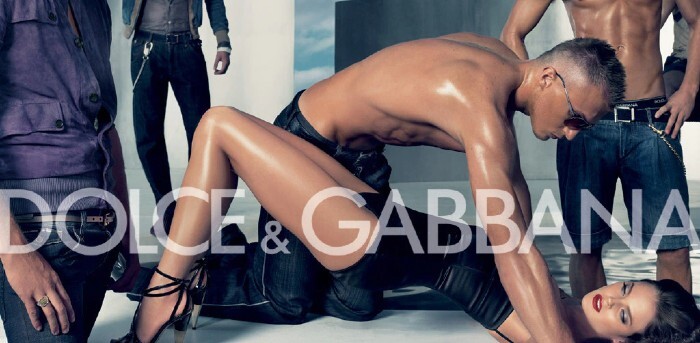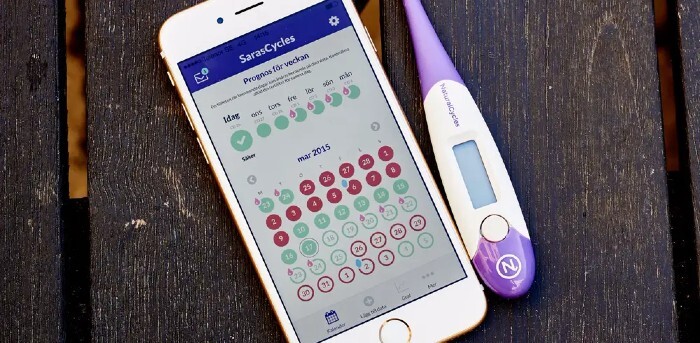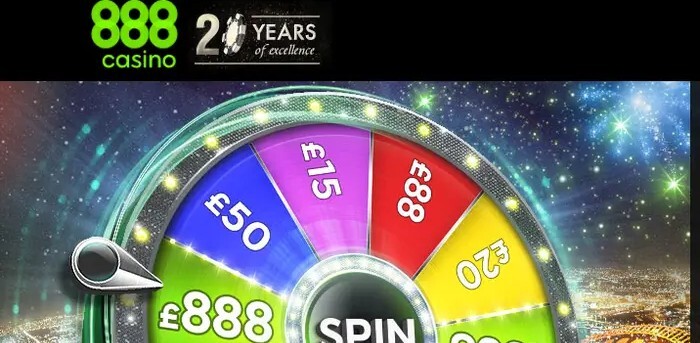15 Advertisements That Were (Rightfully) Banned

The whole goal of advertising is to get people’s attention and secondarily get them to remember a product. Whether the most shocking advertisements actually accomplish both of those goals is up for debate, but we would never deny a mad person their right to reel in the suckers with a boob here or there. Sometimes, though, advertising crosses a line into “not fit for human consumption” territory.
Calvin Klein’s Pedophiley Brooke Shields Ad

(Calvin Klein)
Calvin Klein is known for their gross commercials, but they went too far for CBS and ABC in 1980, when the networks banned a commercial featuring a panning shot over the body of a very 15-year-old-looking Brooke Shields, including directly into her crotch, before she peers coyly into the camera and whispers, “You wanna know what comes between me and my Calvins? Nothing.” Poor Shields didn’t even realize what she was implying about her undergarment situation.
Dolce and Gabbana’s “Gang Rape” Ad

(Dolce & Gabbana)
In 2007, Dolce and Gabbana advertised their spring collection with a print ad of a woman presumably wearing a D&G dress, but it’s kind of hard to tell underneath the man holding her down while three other men look on with expressions that can only be described as “patiently rapey.” It was quickly banned from publication in Italy by the country’s somewhat misleadingly named Advertising Self-Discipline Institute, who released a statement amounting to, “Come on. Like, seriously, come on.”
“Would You Rather Slap Rihanna or Punch Chris Brown?”
In 2018, Snapchat pulled an ad for a game called Would You Rather?! that asked users whether they’d prefer to “slap Rihanna” or “punch Chris Brown,” which would be bad enough if some of those things hadn’t actually happened. The game itself apparently had questions about, among other things, raping llamas, so at least it was upfront about its tastelessness.
Dacia’s Car Commercial That Offends Everyone

(Dacia)
Romanian car company Dacia made what AdWeek described as “the most offensive car commercial ever” in 2011, “using dick jokes and ethnic stereotypes to offend the elderly, car salesmen, and the entire country of Romania.” Warning: There are racial slurs for the Romani people in that commercial. Like, whoa, really bad ones.
Taken 2’s Fake Reviews
Presumably clued in by lines like “Eat your heart out, 007” and “10 out of 10,” which no self-respecting film reviewer would ever say about even their favorite movie, a Spotify ad for Taken 2 was banned by the UK’s Advertising Standards Authority on the grounds that its endorsements were obviously fake. The production company behind the movie tried to claim they’d cleared the endorsements with the newspaper they attributed, but the person they got permission from wasn’t even the same one who wrote the review. It could have been the janitor for all we know.
Rachel Weisz Revitalift Ad

(L'Oreal)
The ASA also banned a 2012 ad for L’Oreal Revitalift anti-wrinkle cream featuring a suspiciously smooth-faced Rachel Weisz that read, "Wrinkles appear reduced, skin looks smoother, complexion looks more even. It's not a facelift, it's Revitalift." It turned out it wasn’t either -- it was Photoshop.
XLS-Medical Max Strength Diet Pills

(XLS-Medical)
A 2015 ad for diet pills was banned by the ASA for taking “an irresponsible approach to body image and confidence” by featuring an already unusually slim young woman complaining that she’ll never fit into the clothes she bought for vacation, a problem seemingly more easily solved by exchanging them. Now do all diet pill ads.
Yves St. Laurent’s Skeletal Model

(Yves St. Laurent)
Also in 2015, the ASA banned a print ad for Yves St. Laurent that featured a model who was already extremely thin but then also lit in such a way that made her appear on the verge of death. They can’t even find an actual body thin enough for high fashion anymore.
Klarna’s “Lift My Mood” Into Debt Ads
At the height of restrictions on public gathering during the COVID-19 pandemic, the “buy now, pay later” service Klarna paid a bunch of influencers to post that using the service “lifted their moods” during the lockdown, only to be struck down by the ASA for the implication that pandemic-induced depression and anxiety can be relieved by going into debt. Basically, they said the quiet part out loud.
Natural Cycles’s Entire Existence

(Natural Cycles)
In 2018, a fertility-tracking app called Natural Cycles tried to undo a generation of sex ed by claiming to be a “highly accurate” contraceptive ad in a series of Facebook ads. They were forced to pull the ads by the ASA, who found that they’d exaggerated the app’s efficiency and definitely caused a ton of unwanted pregnancies (seriously, 37 in Sweden alone).
Anti-Government “Boogaloo” Ads
2020 was not a year marked by its political unity, but just to rile people up further, a group of anti-government organizations known as “Boogaloos” (why are they always so embarrassingly named?) started creating ads for social media imploring people to “join the militia, fight the state” through violent clips from action movies. Facebook responded with a resounding “whoopsie” and pulled the ads.
“White Wellbeing”

Facebook had a real problem with conservative extremist ads in 2020. After an ad for … something claiming that “White people make up just 8% of the world's population, so if you flood all white-majority countries with non-whites, you eliminate white children for ever” was noticed on the network, they scrambled to take it down.
An Online Gambling Site’s “Pay For Your Wife’s Cancer Treatment” Ad

(888 Casino)
Gambling websites are usually really careful to claim that bankrupting yourself with their services is “for entertainment only,” so it was pretty bold for the website 888 to run an advertisement depicting a depressed man who had sold his house to pay for his wife’s cancer treatment discovering the site while waiting outside the hospital and won “over 30 times his annual salary in a single spin.” Bold enough to get banned by the ASA and fined by the Gambling Commission, that is.
Nottingham’s “Anti-Begging” Ads
City councils and police are some other groups that are typically pretty careful with their messaging, but in 2016, a joint effort by the city of Nottingham put up posters all over town depicting homeless people “misusing” panhandling money, claiming that such money just goes “to a fraud” or “up in smoke.” The posters were obviously immediately defaced by the public, who made it clear they’d rather fund some guy’s weed than these ads, and the ASA banned them for just being, like, really jerky.
eHarmony

(eHarmony)
You know those eHarmony ads that go on and on about their “scientifically proven matching system”? You can’t see them in the U.K. Because that’s not what science is.
Top image: Calvin Klein